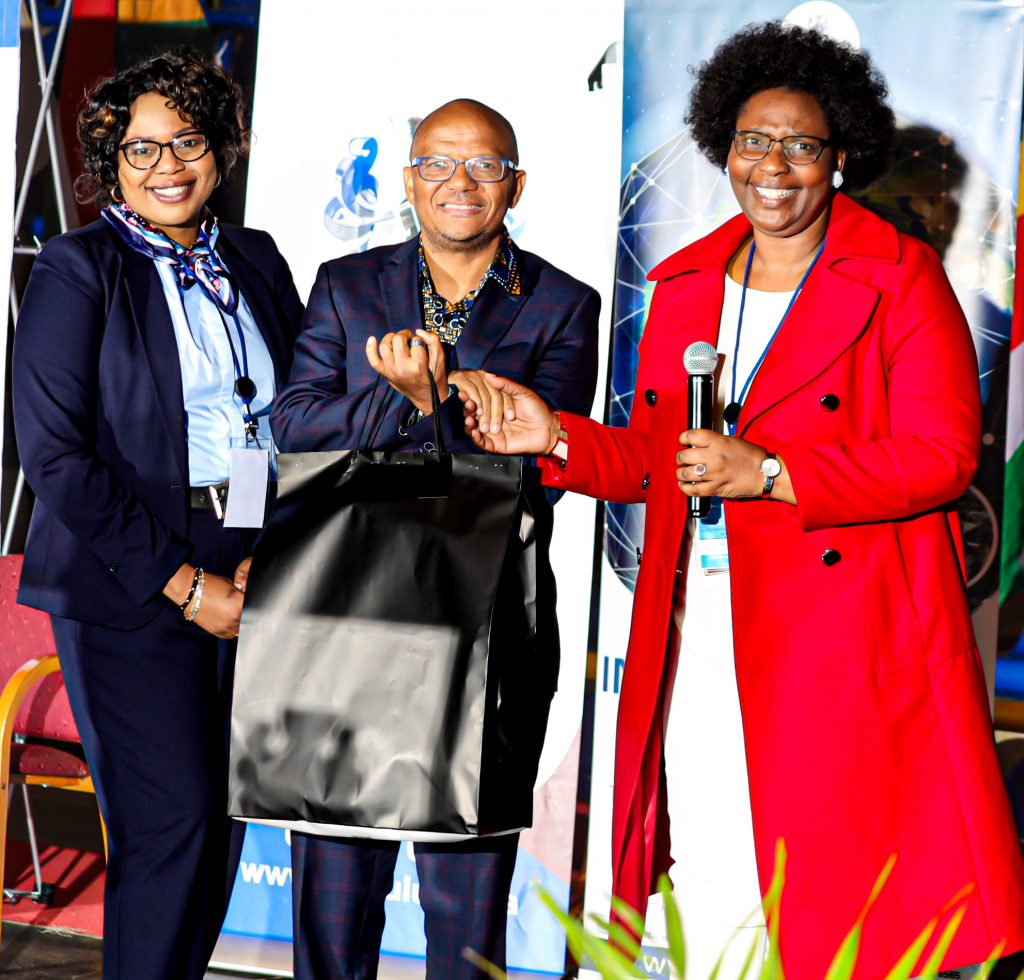Internationalisation at Home
Introduction and Background
Internationalisation at home is the process of incorporating global and intercultural perspectives into a university or other educational setting on a regular basis without needing students to leave the country. Its main goals are to help students, academics, and staff develop a global mentality, intercultural understanding, and global competency (Turunen & Nummela, 2017). Students develop a global competencies and skills such as cultural intelligence, intercultural communication, and flexibility. These abilities are essential in today’s interconnected and globalised world, as people engage with people from many cultural backgrounds. It promotes an understanding of diverse cultures, backgrounds, and points of view. Students can benefit from one other’s experiences and broaden their horizons by creating a diverse environment, fostering inclusivity and multiculturalism. Furthermore, employers seek applicants with foreign experience and cross-cultural skills in a globalised employment market (Beelen, 2016).

Internationalisation can give students the opportunity to learn about different cultures, network with international professionals, and improve their employability. In addition, the learning environment is enriched by exposing students to a variety of teaching styles, curriculum, and approaches. It fosters critical thinking, creativity, and problem-solving abilities by exposing students to a variety of perspectives and ideas. It encourages personal growth and self-awareness by questioning students’ biases, beliefs, and stereotypes. Students can develop empathy, open-mindedness, and a larger worldview by engaging with people from diverse cultures. It assists in bridging the gap between domestic and overseas students. It fosters cross-cultural exchange, collegiality, and mutual understanding, which can help to break down barriers and build a more inclusive and harmonious community (Harrison, 2015). It is against this background that the University of Zululand International Office has instituted the Sisonke buddy programme with a special focus on co-curricular.
Objectives
- To expose staff and students to global citizenship spaces within their home environment.
- To enrich a culture of diversity and inclusion amongst Sisonke Buddies.
- To integrate international and intercultural dimensions into the formal and informal curriculum for all staff and students within domestic learning environments.
Internationalisation at home activities
Pre-Arrival
When we have new international students who will be coming to study in the institution, the office of the registrar must provide us with all the names and the arrival dates. Once that is done, we will then have workshops with our local buddies where we will be teaching them about intercultural competencies and what is required of them before having our orientation with the international students. when we have international delegates who will be visiting our institution, the faculty academic champion must provide us with all their names as well as their arrival and departure dates. Once that is done, we will commence with the preparations in supporting the faculties where needed.
Arrival
When international students arrive at the University of Zululand, they will be oriented on the University life and paired with existing buddies for easy integration. Prior to that they would have completed forms indicating areas they would wish to engage on while in South Africa.
Post arrival
Sporting activities
Sports integration for international students is critical for promoting cultural diversity and unity. Sporting activities serve to break down language barriers, encourage teamwork, and foster friendships. It allows an opportunity to showcase talent while also learning from the skills of others. Sports will assist international students build a global community and a sense of belonging.
Community Engagement
Community involvement is critical for international students to feel connected and supported. Participating in community activities such as volunteering, clubs, and events allows them to interact with locals, create networks, and gain a better understanding of the host culture. It gives them a sense of belonging and improves their overall study abroad experience.
Orientation into the Zulu culture
An orientation into the Zulu culture for international students will provide them with a unique opportunity to learn about and appreciate South Africa’s rich traditions and history. Students can learn about Zulu music, dance, language, and food through participatory programmes that promote cross-cultural understanding and appreciation for diversity.
Orientation into the University of Zululand library
International students can find a multitude of resources in the library. They will acquaint themselves with its layout, essential areas, and services. Sectional librarians will need to assist them; they are always glad to assist. Students will further be introduced into the internet databases, linguistic resources, and study areas of the library.
Integration with Families around KwaDlangezwa and surrounding areas
International students will be integrated with families around KwaDlangezwa, if they so wish to provide them with a unique opportunity to learn about and immerse themselves into the diverse cultural traditions and practises. Students would develop meaningful connections, broaden their viewpoints, and foster mutual understanding and respect by engaging in open-minded conversations, sharing experiences, and accepting diversity.
Workshops on basic Zulu language
The Zulu language is a language spoken in South Africa with around 12 million speakers. “Sawubona” (hello), “Unjani?” (how are you?) and “Ngikhona” (I’m OK) are some basic phrases for international students to know. It is imperative for international students to be given lessons on the language because it employs a variety of click sounds that vary in pitch and intensity. These classes with enhance their experience of a South African language.
Internationalisation at home Stakeholders
To foster collaboration the International Office interacts with the following stakeholders:
Sports, Campus Health Clinic, Disability, Guidance and Counselling, and Housing Departments. Protections Services Department, Community Engagement Office, Faculty International Co-ordinators, The Registrar’s Office (Academic division), The Library, Information and Communications Technology (ICT) Department, Communication and Marketing (CMD) and Faculty Managers
Conclusion
Internationalisation at home is critical for training students to be global citizens and contributing members of a global community. It assists in the development of skills, information, and attitudes required to flourish in a diverse and fast changing society.

